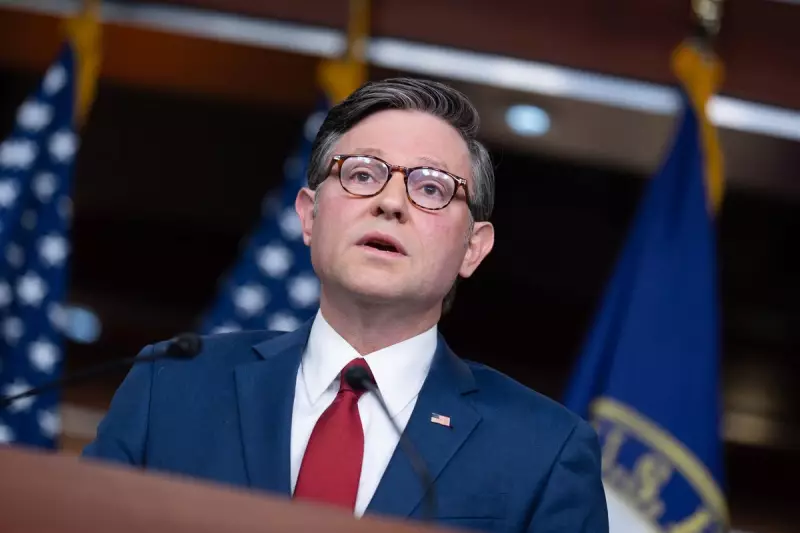
Historic Shutdown Concludes as Political Drama Unfolds
The United States government is poised to reopen after the Senate passed a crucial funding package, potentially ending the longest federal shutdown in the nation's history that has stretched over 54 days. The breakthrough came on Monday night when the GOP-controlled Senate voted 60-40 to approve the deal, with eight Senators - seven Democrats and one independent - crossing party lines to support the resolution.
What the Funding Deal Includes
The agreement means the government will be mostly funded through January 30, 2026, while reversing mass layoffs that occurred during the shutdown and offering backpay to federal workers who have been working without compensation. Kentucky GOP Senator Rand Paul stood as the sole Republican to vote against the funding package, highlighting ongoing divisions within the political establishment.
The shutdown, which began on October 1, 2025, has had severe consequences for millions of Americans. Many families lost access to Supplemental Nutrition Assistance Program benefits, while travel chaos erupted nationwide due to staffing shortages among air traffic controllers. The situation created mass delays and cancellations at airports across the country, demonstrating the shutdown's widespread impact on ordinary citizens.
Epstein Email Controversy Emerges
As the shutdown drama unfolded, Democrats on the House Oversight Committee released explosive excerpts of emails sent between Jeffrey Epstein and Ghislaine Maxwell that mention Donald Trump. The communications raise serious questions about Trump's knowledge of Epstein's crimes, according to Democratic representatives.
One particularly damning email, apparently sent from the late sex offender to author Michael Wolff, states: "of course he knew about the girls as he asked ghislaine to stop." The full context of this message remains unclear, but it has ignited fresh controversy around Trump's past associations. Notably, Trump has never been formally accused of any wrongdoing in connection with the Epstein case and has previously described Epstein as a "creep," while emphasising he distanced himself from the financier in the early 2000s.
Public Opinion and Political Fallout
According to a YouGov poll conducted after the Senate passed the funding package, 37 percent of Americans approve of the bill, while 29 percent disapprove and 34 percent remain uncertain. The survey revealed that more than half of Americans felt personally affected by the shutdown, with 15 percent reporting they were impacted "a great deal" and 21 percent saying they were "somewhat" affected.
The political repercussions are already becoming apparent, with Senate Minority Leader Chuck Schumer facing intense pressure from within his own party. Despite voting against the modified continuing resolution, numerous House Democrats and party advocates are calling for the 74-year-old Brooklynite to step aside after his strategy to force Republicans to extend Covid-era enhanced tax credits failed.
President Trump has indicated he will sign the bill if the House passes it, telling reporters in the Oval Office: "We'll be opening up our country very quickly. The deal is very good." The House of Representatives is now returning to Washington, D.C., to vote on the Senate-approved package, with members employing creative transportation methods including motorcycle rides and carpooling with pit stops at popular convenience stores like Buc-ee's.
This shutdown now stands as the longest in American history, surpassing the second-longest shutdown that occurred during President Donald Trump's first term, marking another significant chapter in the nation's ongoing political battles.





